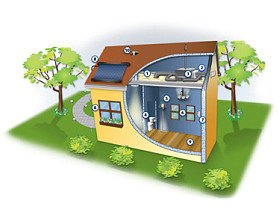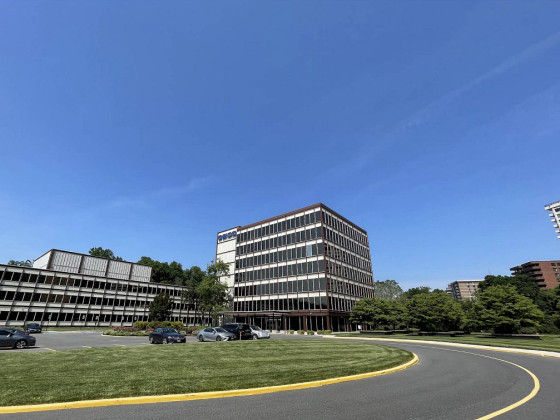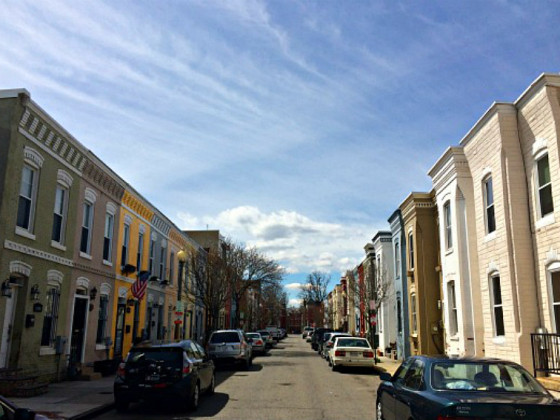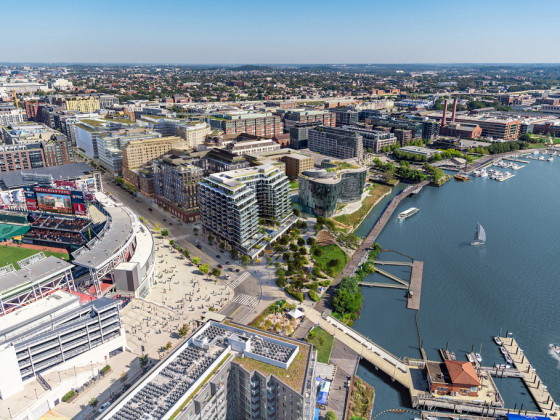What's Hot: Just Above 6%: Mortgage Rates Drop To 2022 Lows | Facebook Co-founder Lists DC Home For Sale
 The Right Contractor for Your Green Renovations
The Right Contractor for Your Green Renovations
✉️ Want to forward this article? Click here.

If you are making improvements to your new home, chances are you want them to be as energy efficient as possible. Deciding who you employ to do these improvements is almost as important as the renovations themselves.
Before considering green upgrades, it is good to start by looking at a year’s worth of your utility bills to figure out how much energy you actually use. As you become more conscious about your general energy consumption and are confident that you have done everything possible to reduce unnecessary usage, the next thing you want to do is figure out where some of the inefficiency still exists by calling in the pros. Depending on the scope of the project and whether you will need a full service company or just one or two subcontractors, you may want to have a green audit completed on your home.
In order to vet the contractors and consultants that are out there, novices should begin with websites like Efficiency First or the Maryland Home Performance with Energy Star. Both sites have built a nicely organized platform that allows the general public to search for certified energy auditors/contractors in their area. After some initial research on these sites, you may want to cross reference any of the contractors with Amicus Green in Kensington, Maryland, the area’s largest green construction supply center.
I reached out to Zach Dobelbower, the founder and president of the environmental consulting company EcoHouse, to get his thoughts on finding a knowledgeable green building contractor. Here is what he had to say:
“A homeowner looking to improve the energy efficiency of their home should hire a contractor who has a solid understanding of building science and the house as a system. Homeowners should work with contractors who are certified through the Building Performance Institute or RESNET, the Residential Energy Services Network. These auditors/contractors will have either a BPI ‘Building Analyst’ or ‘HERS Rater’ certification. The contractor should be able to clearly explain and quantify what benefits and savings you are likely to receive based on the assessment of your house, and provide a reasonable estimate on the return on investment.
For air sealing work (which is highly likely), it’s also a good idea for a homeowner to request a ‘test-in test-out’ analysis (blower door assisted), which provides a number value on the air leakage reduction and confirms that the work was done right.
Further, I would request quotes from at least two companies, and don’t be afraid to ask for a copy of the contractor’s building science certifications, license, and insurance information.”
So, before you move forward, look at your utilities, find out where the energy inefficiencies exist in your home and do your homework before selecting a particular green contractor.
Join Michael Kiefer on the DC Saturday Tour of Homes each weekend as he takes you on a tour of listings on the market in different DC neighborhoods.
See other articles related to: green real estate dc
This article originally published at https://dc.urbanturf.com/articles/blog/the_right_contractor_for_your_green_renovations/1502.
Most Popular... This Week • Last 30 Days • Ever

Today, UrbanTurf is taking a look at the tax benefits associated with buying a home t... read »

On Thursday night, developer EYA outlined its plans at a community meeting for the 26... read »

Only a few large developments are still in the works along 14th Street, a corridor th... read »

EYA and JM Zell Partners have plans for 184 townhomes and 336 apartments spread acros... read »

Today, UrbanTurf is taking our annual look at the trajectory of home prices in the DC... read »
- A Look At The Tax Benefits of Buying a Home Through a Trust
- A First Look At Friendship Commons, The Big Plans To Redevelop Former GEICO Headquarters
- Church Street, U Street + Reeves: A Look At The 14th Street Development Pipeline
- 520 Residences Planned For Former GEICO Campus In Friendship Heights
- The 10-Year Trajectory Of DC-Area Home Prices In 4 Charts
DC Real Estate Guides
Short guides to navigating the DC-area real estate market
We've collected all our helpful guides for buying, selling and renting in and around Washington, DC in one place. Start browsing below!
First-Timer Primers
Intro guides for first-time home buyers
Unique Spaces
Awesome and unusual real estate from across the DC Metro













